India: Noise of War in the Time of Elections
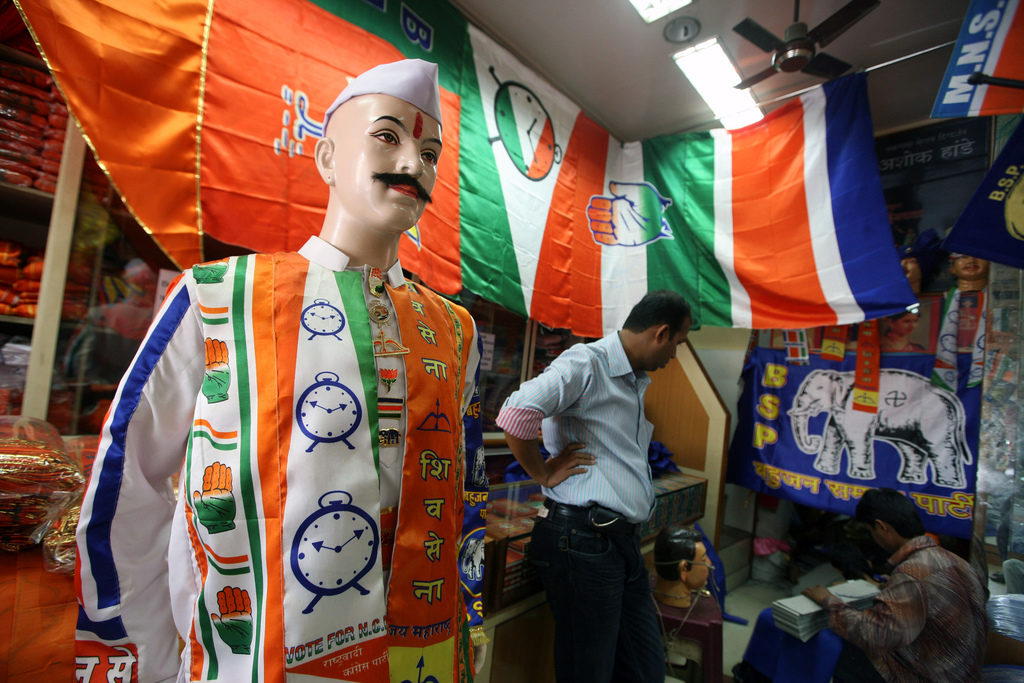
In India, elections are around the corner. This is when voters take stock of the things done in their names and elect a government. Modi’s performance in the last five years has been far from satisfactory. Today it would be fair to say that, with few exceptions, hardly anyone is buying what the Rashtriya Swayamsevak Sangh (RSS) is selling. To the best of my knowledge, the Hindutava Right has been able to impress but few. One of them was the great novelist V. S. Naipaul who, as we know, is no more. The other is the Indian author and former Proctor and Gamble CEO, Gurucharan Das — but even he is exasperated with Modi’s fanaticism, his cow protection programs, his espousal of love-jihad, and his fake-degree scam. His most recent article explodes the myth of pure Aryan DNA in Indian blood. India is mixed, he asserts.
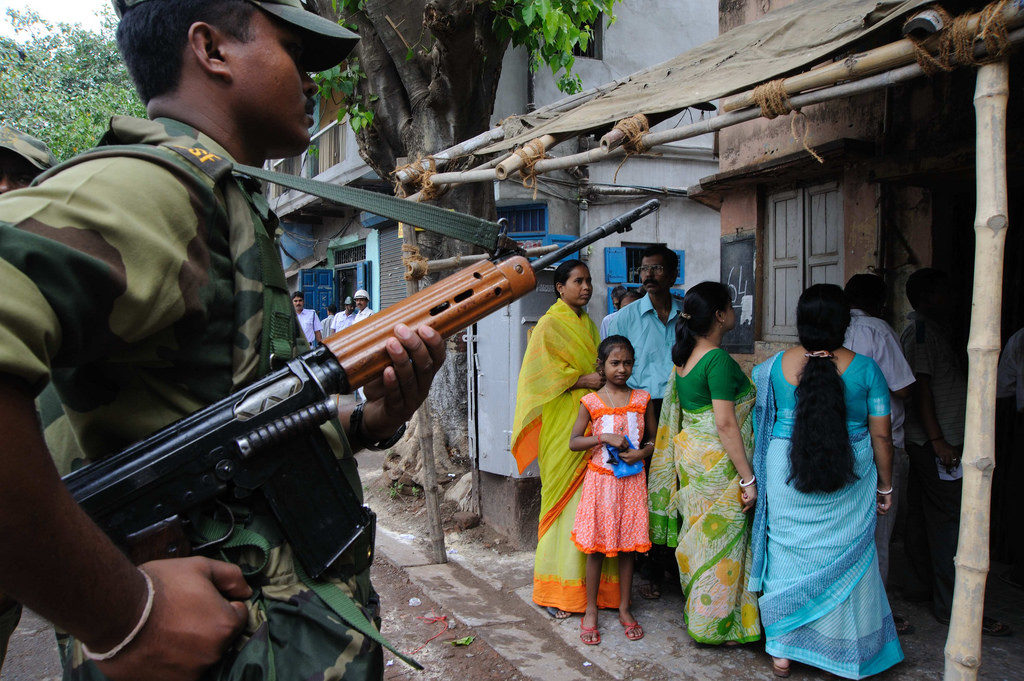
Back in the 2014 election campaign, Modi promised to bring back black money and hand over 1.5 million rupees to each Indian. But no one has received a single rupee out of the 1.5 million. Modi promised to create 20 million jobs per year. The job market shows no sign of improvement. In fact, the government is so scared that it doesn’t even want statisticians to release the exact employment data. The farm income has dipped to an all-time low in 14 years. The state’s expenditure on education and health has steadily gone down and down. All of this has happened despite the steady growth in GDP. It is better to be a cow than to be a peasant, woman, Muslim or leftist in Modi’s India.
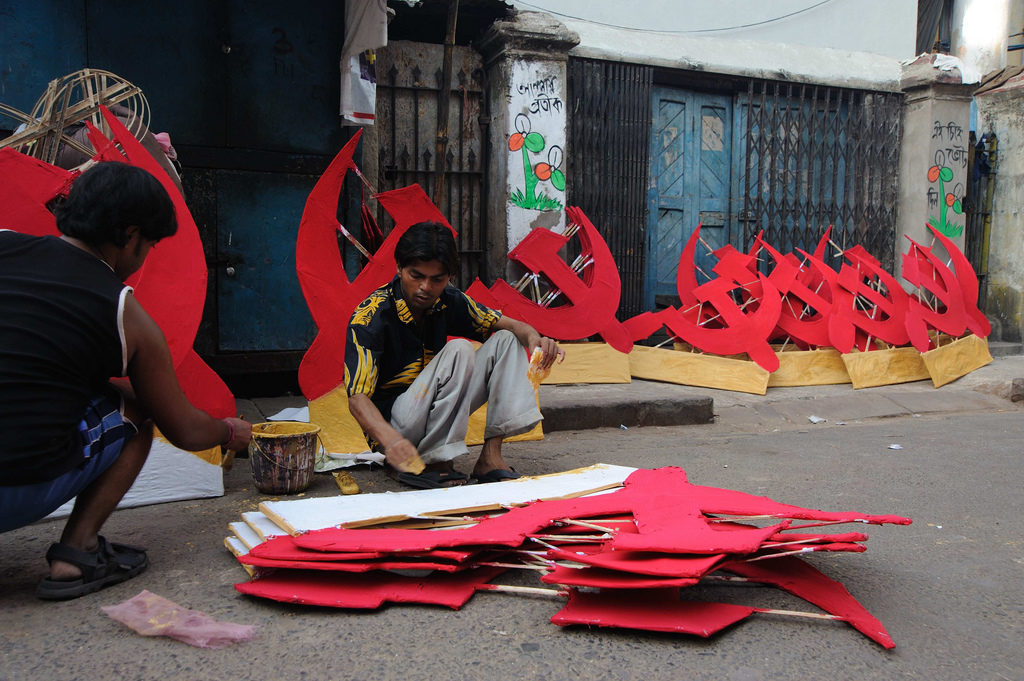
The whole country is actually feeling the heat of the Modi wave. Those who are at the periphery of our society are the worst hit. First demonetization and the Goods and Services Tax (GST), and then regular doses of communal violence; this is what the Modi-led National Democratic Alliance (NDA) has given to Indians. Modi is not the first leader to use the communal card to implement unpopular free-market policies. But he is the most astute manager we have seen in many years. For example, in a recent article published in The New Yorker, the author does highlight the growing cases of violence against religious minorities in India, but she fails to see any connecting thread with free market and communal politics.
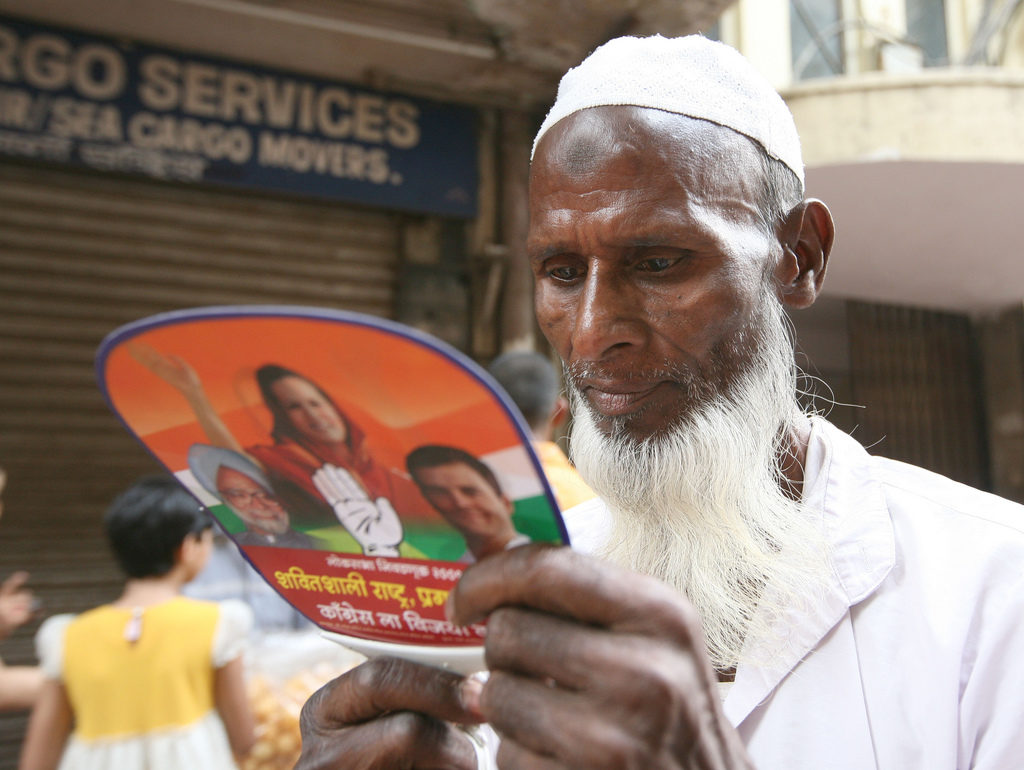
In 1992, when India’s resources were being sold in a piecemeal manner, it was the demolition of the 16th-century Babri Mosque, in the city of Ayodhya, that gave reformers the room to push their agenda. Had there been no communal tension, the sale of the very idea of reform would have been impossible for the political class. Today it is the Reliance Group that is one of the single biggest beneficiaries of the Modi-led NDA government. The money that Reliance made from petroleum is being openly invested in the war economy.
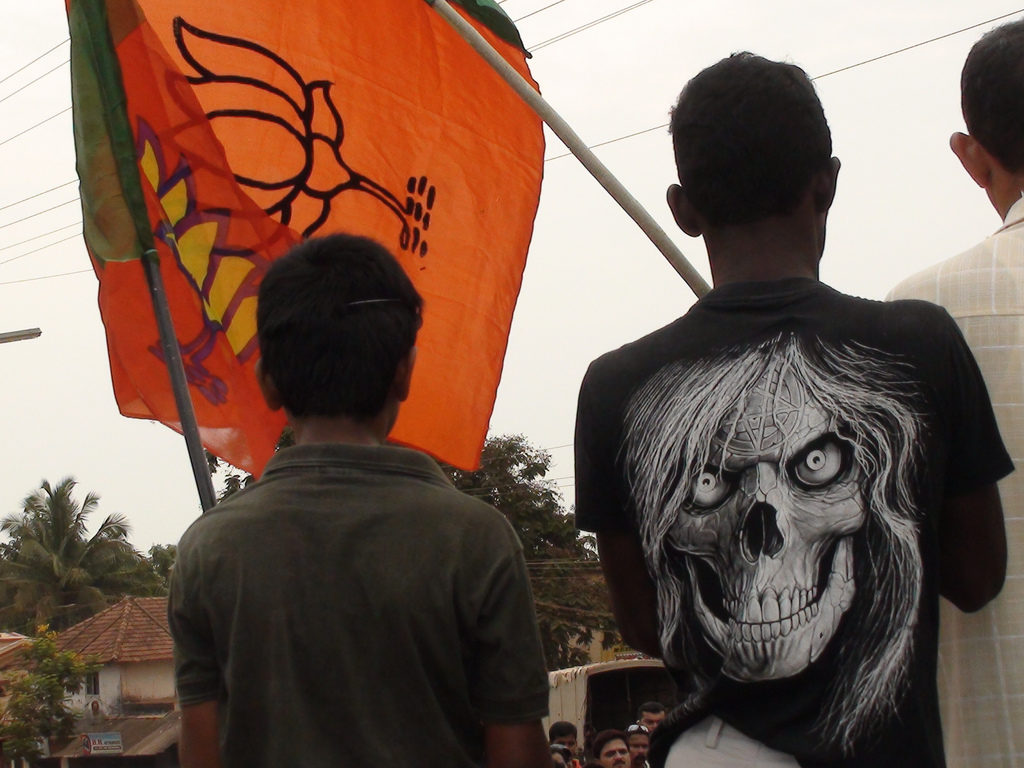
For Modi, things could not go any better. Just when the signals were clear that the peasants and students were in an aggressive mood, thanks to the historic marches organized by left-wing groups, Modi did what tyrants do: he diverted people’s attention, from his failures, to a hyped war. This, by the way, synchronizes quite well with the overall Right-wing agenda. When nothing works, blame it on Pakistan, or on Muslims and Communists here at home.
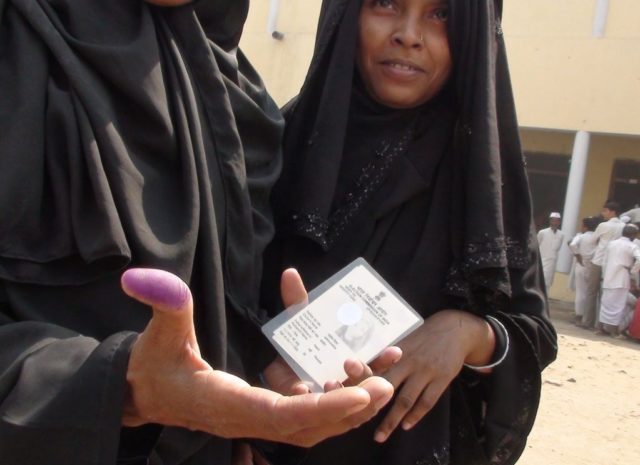
Some months ago, as I strolled near my city center, I came upon a pamphlet. It was a representative pamphlet that illustrated exactly how the mind of the Indian Right works. The author, Abhas Chatterjee, was an ex-officer of the Indian Administrative Service (IAS). And the title of the poorly written pamphlet was, The Concept of Hindu Nation (1993). On page 28 of this dull and highly boring book, he wrote, “We have to finish Islam from this country, not Muslims.” This criminal advice came to us just months after the destruction of Babri Mosque: a criminal act that changed the political fortunes of the Indian Right.
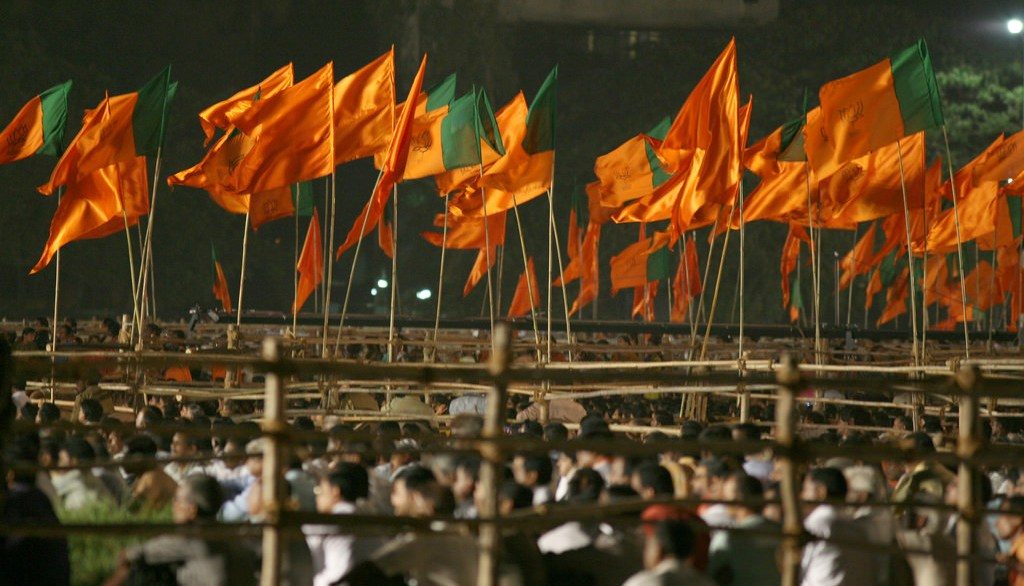
It was this ideological mindset that Modi assumed in the office of Prime Minister. He is perhaps the only serving head of the state anywhere in the world who has been part of an organization that was legally responsible for assassinating the father of a nation. Modi did what he had planned. He helped his multi-billionaire friends, and he allowed petty religious fanatics to terrorize minorities and dissenters.
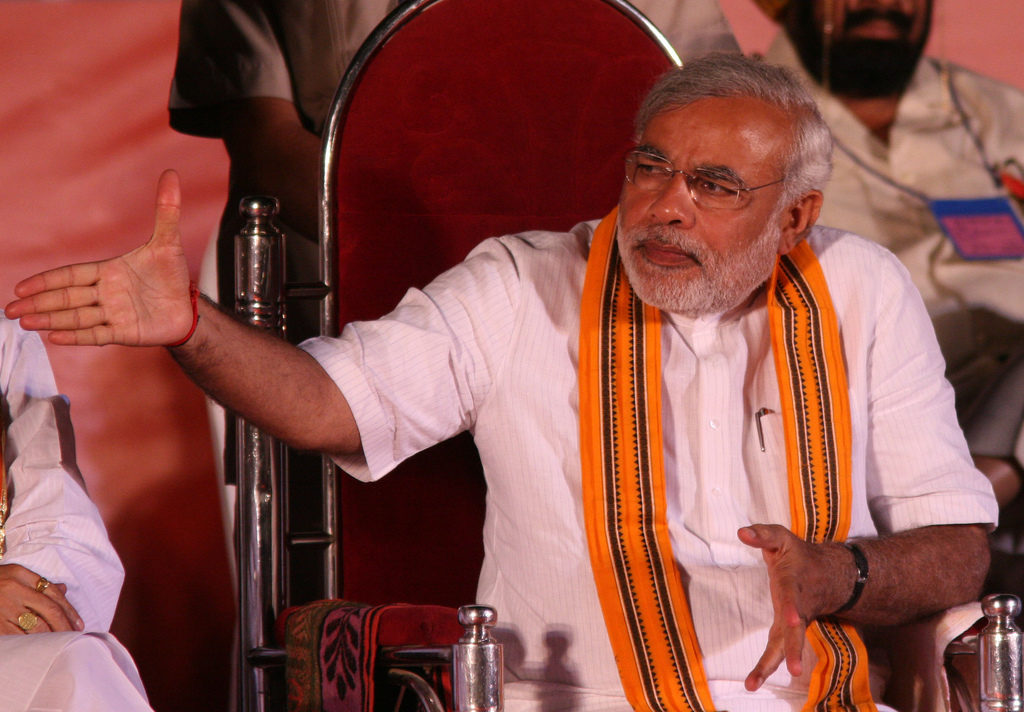
For Modi, to have Pakistan as a neighbor is a blessing in disguise. With a long standing dispute regarding Kashmir, it naturally becomes easy for his party to cast the villain of their story. In its use of both Pakistan and Kashmir, the Bharatiya Janata Party (BJP) has become part of the international racket of Islamophobes. Given their ideological proclivities, one must not be surprised to see these people drag a poor nation like Pakistan into everything wrong that happens in India. Such are the petty argumentative standards of people like Amit Shah (the president of the BJP, who is accused of killing a judge) that, during the last legislative election in Bihar, he went on to say that if the BJP loses the elections here, then there will be celebrations in Pakistan. As if people around the world don’t have the right to celebrate the downfall of an evil political party.

I find a piquant similarity between the Indian Prime Minister, Narendra Modi, and Leo Tolstoy’s eternal heroine, Anna Karenina. Modi, like Anna, is always seeking attention. His life is meaningless without it. It is pure and simple nothingness. Like Anna, he loves mirrors and the admirers who praise him day in and day out. Modi’s desire to be respected is so intense that he doesn’t mind getting involved in a fake-degree scam. To my knowledge, he is the only man in possession of a degree in “Entire Political Science.” Modi wants to be counted as an intellectual. But, alas, he forgets that the road to science is not so easy. It is an upward movement and not everyone can climb this mountain. This desire to appropriate respect without the possession of any moral or educational merit is likewise symptomatic of Anna’s demands for love, recognition, care, and respect.
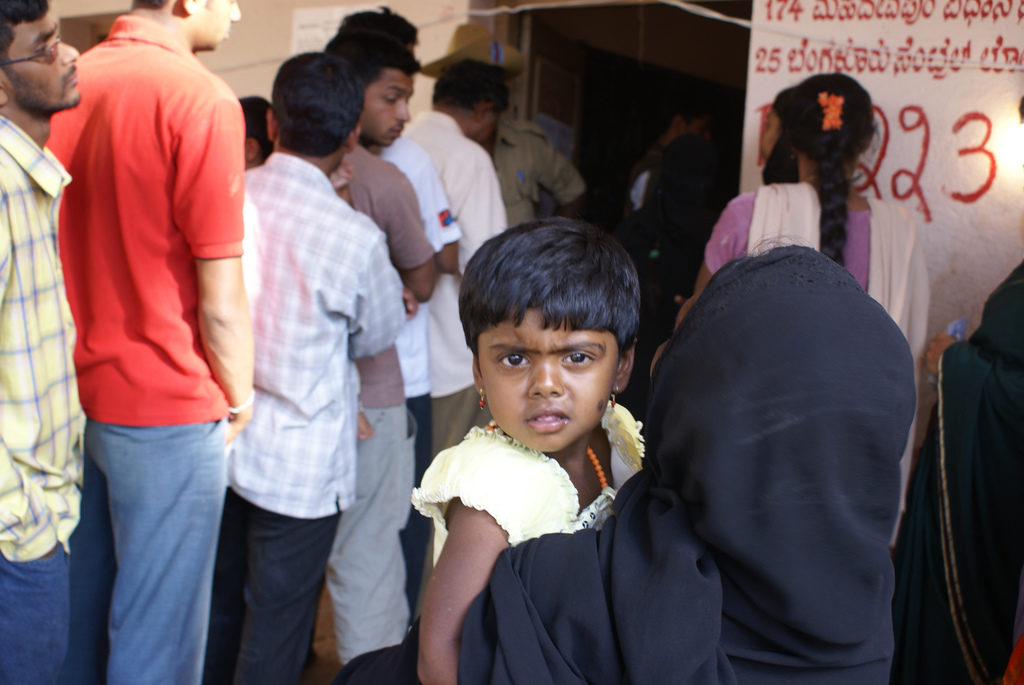
In the preceding elections, Modi did everything he could do to woo the voters. He made divisive comments, he cursed Pakistan, he promised to make more cemeteries for both Hindus and Muslims, and yes, he promised the Hindu majority protection against the minorities whose populations are exploding. Many voters bought his politics: a peculiar mixture of neoliberalism and communalism.
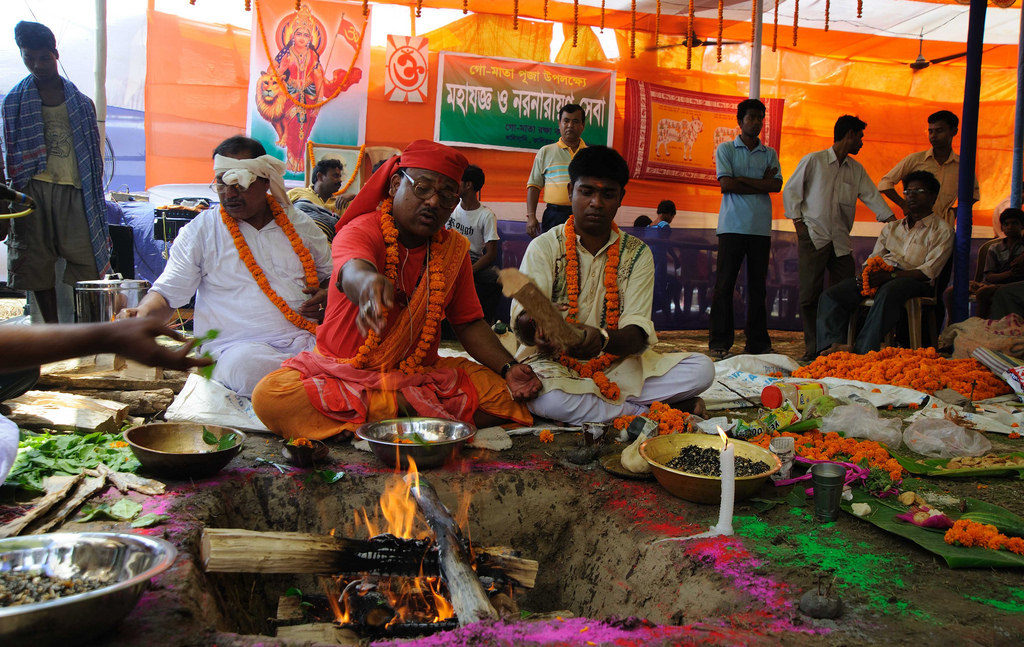
What remains to be seen is whether the voters will again fall into the same trap, or whether they will, despite all the cheap propaganda, pick a secular alternative.
Editor’s Notes: Imtiaz Akhtar is the author of Kafka Sutra. All Photographs from the archive of Al Jazeera English.
Related Articles













You must be logged in to post a comment Login